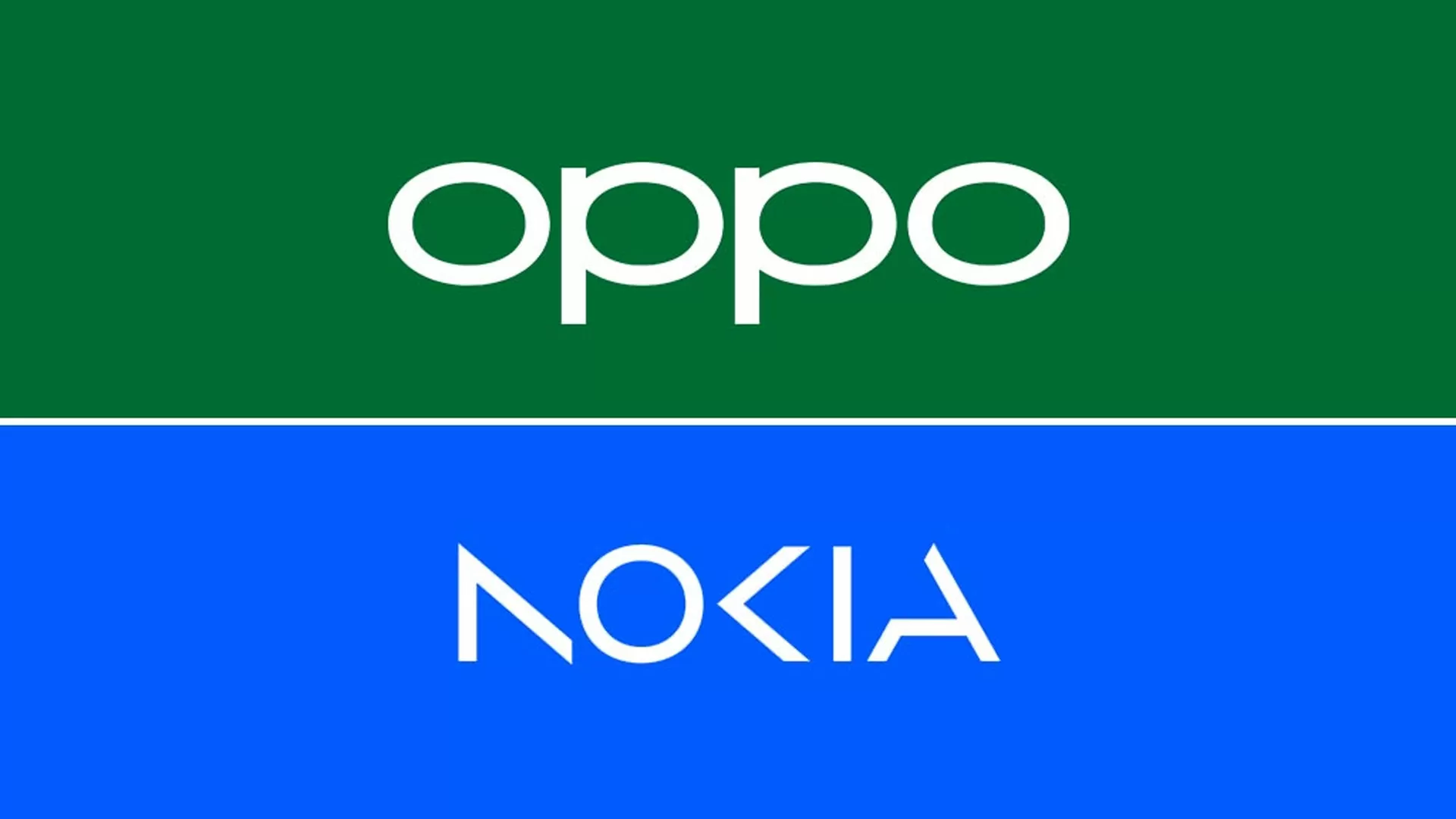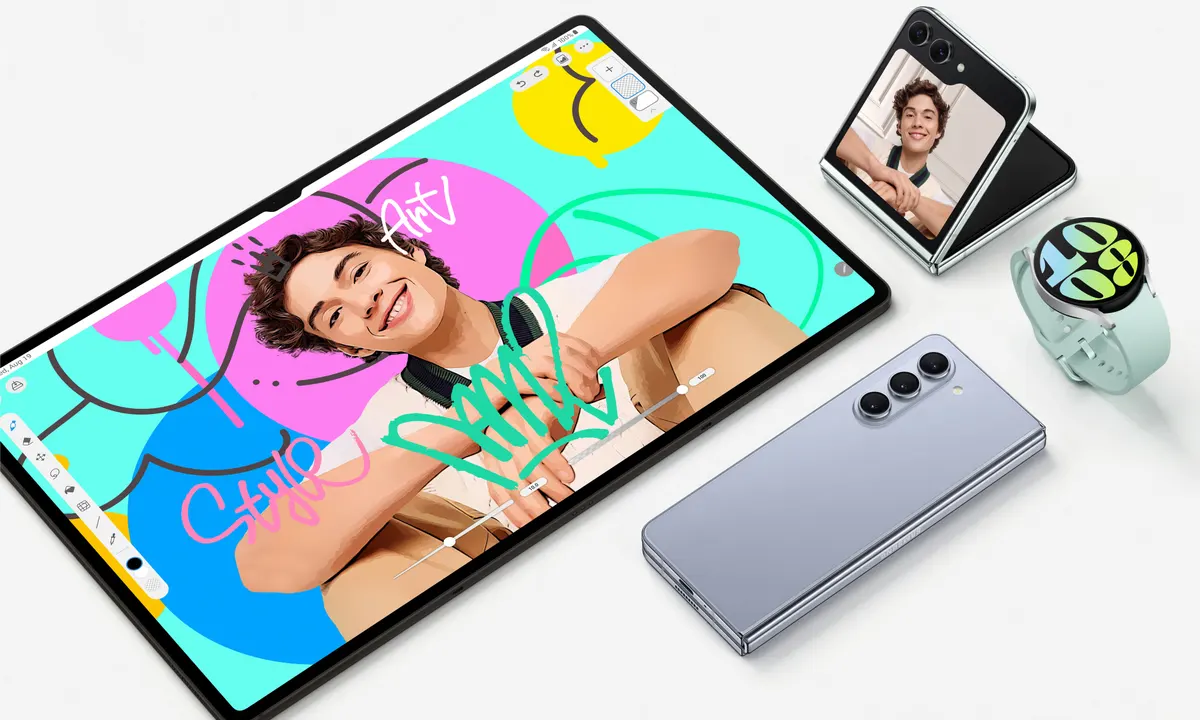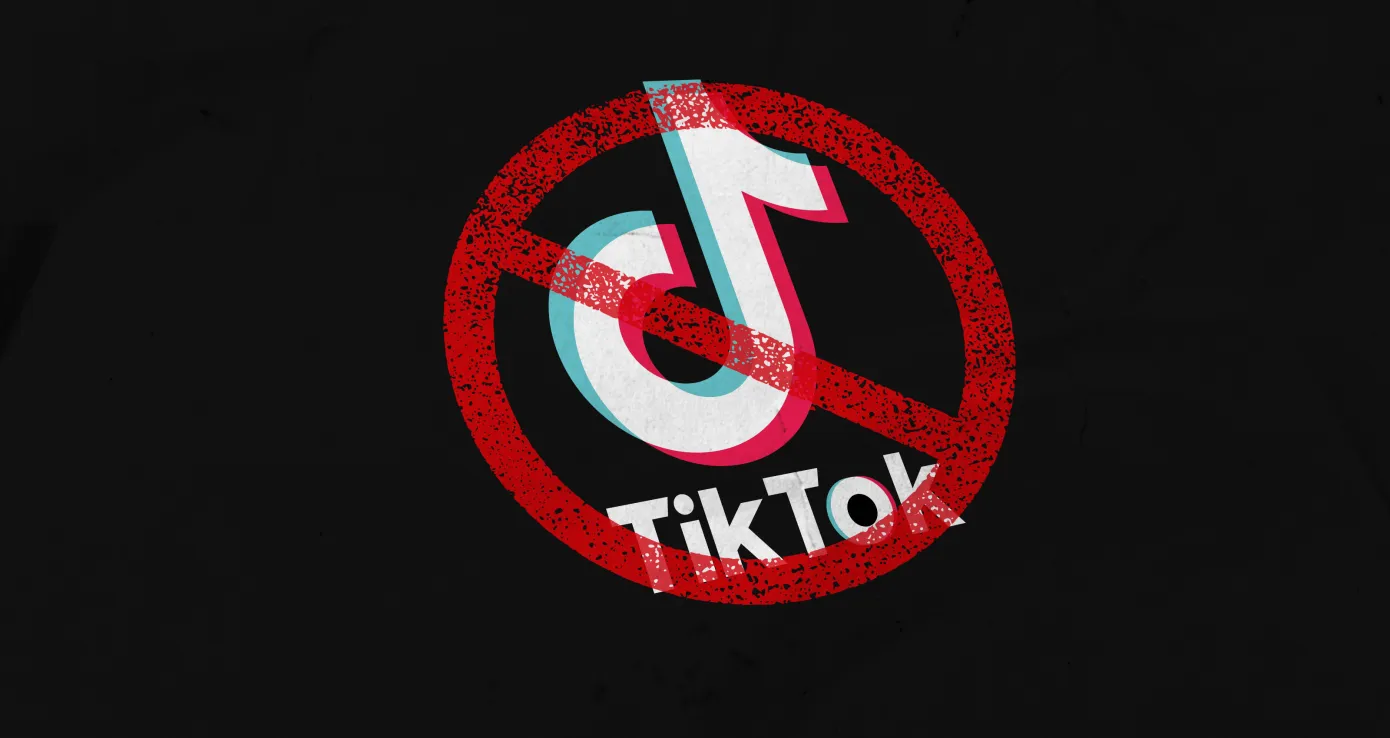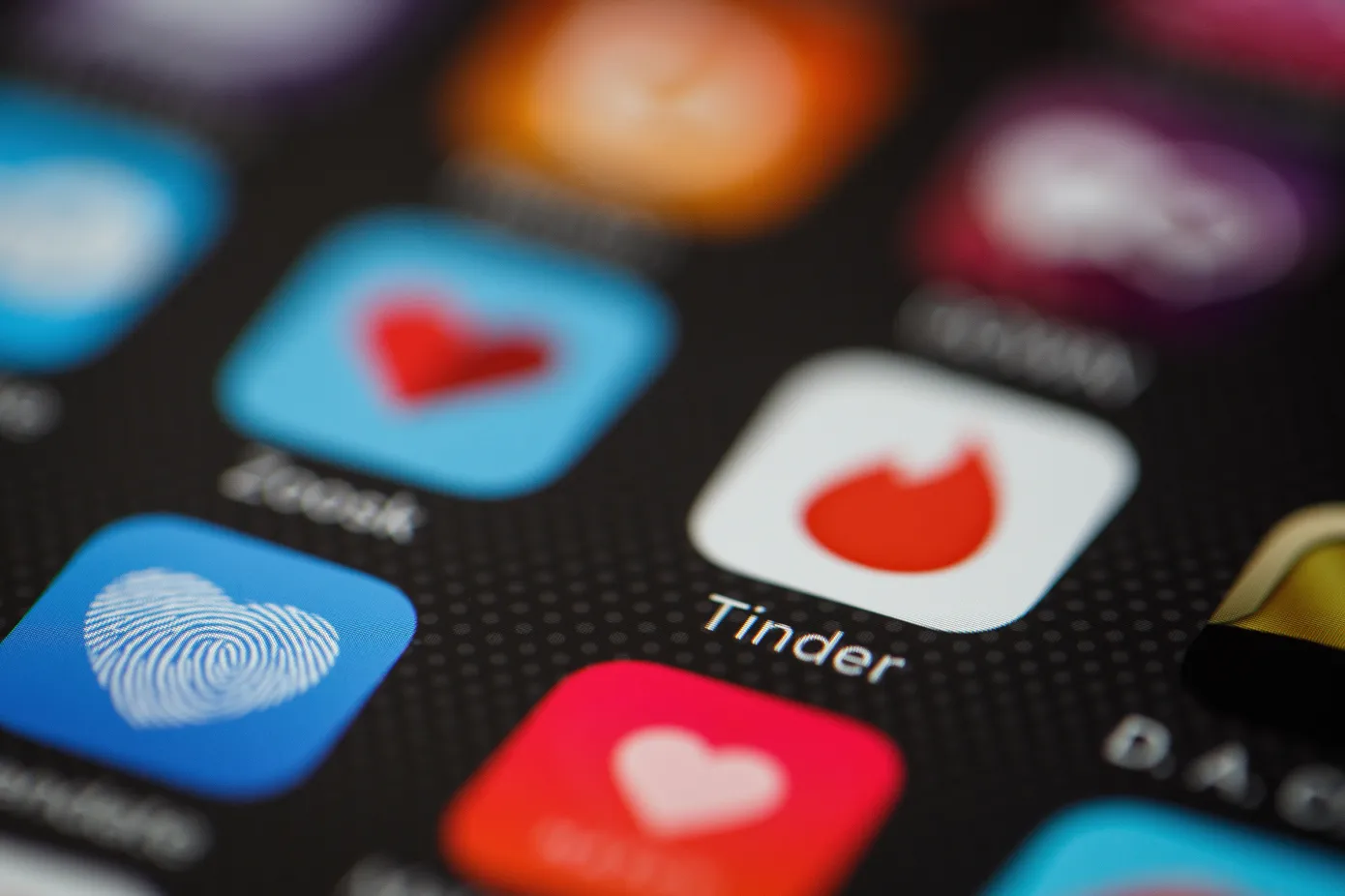
What started as a disagreement over royalty fees in 2021 has escalated into a complex legal battle between two tech titans – Chinese phone manufacturer Oppo, and Finnish networking giant Nokia. For years the two companies have locked horns over standard essential patents related to 5G technology, with each accusing the other of unreasonable demands.
This high-stakes patent war recently reached a new critical point when the Chongqing First Intermediate People’s Court in China issued a landmark ruling attempting to settle the licensing fee Oppo should pay Nokia for the use of 5G SEPs in its devices.
The Origins of the Dispute
To understand this ruling, we must first examine the origins of the Oppo-Nokia patent dispute. Fundamentally, it centers around how much Oppo should compensate Nokia for patents the latter company holds that are deemed “standard essential” for products implementing the 5G telephony standard.
As one of the leading contributors to 5G standards with thousands of related patents, Nokia expects companies like Oppo to pay licensing fees to utilize this patented technology in their own 5G devices. However without definitive guidance, the appropriate royalty rate remains subject to interpretation and difficult negotiations between parties.
According to Oppo, Nokia’s demanded licensing fees were simply unreasonable. Unable to reach an agreement, Nokia took legal action beginning in 2021 in attempts to enforce Oppo to pay for patents or face sales injunctions on their products.
Chinese Court Called In to Arbitrate
With both sides at an impasse, the courts became involved to help determine fair 5G SEP licensing terms. Oppo called upon the Chongqing court to make the landmark first judicial ruling on global FRAND rates for key 5G patents. FRAND, meaning “fair, reasonable and non-discriminatory,” is the guiding principle that standardized essential patents should be licensed without unfairly hurting implementers.
The Chongqing court spent over a year carefully examining detailed patent claim charts and license agreements before finally announcing their FRAND-compliant royalty rate ruling earlier this December.
According to the court’s order, Oppo would be required to pay Nokia a per-device royalty fee between $0.707 and $1.151 depending on the market. This seemingly middle-ground rate intends to cover Nokia’s basic licensing demands without overburdening Oppo’s bottom line.
The Aftermath of the Court Ruling
In its official response to the Chinese court order, Oppo expressed satisfaction and willingness to adhere to the prescribed royalty payments. A representative claimed the ruling could set influential precedence for licensing costs across the mobile and IoT industries.
On the contrary, a Nokia spokesperson confirmed that although appreciative of the court’s efforts, the company intends to appeal the ruling which they believe incorrectly adjudicated the appropriate 5G SEP licensing fees in this situation. Nokia also maintained that other court jurisdictions outside China have reinforced their position.
With both opponents interpreting the results differently, it seems this ruling represents just one milestone in the bumpy road to resolving this expansive patent dispute. We will have to wait and see whether the prescribed royalty range stands outside China as well or if negotiations completely break down once more.
What’s Next for Oppo and Nokia?
How the appeals process proceeds, and whether Oppo begins paying Nokia per the terms ordered by China, will determine the next chapters in this ongoing patent battle. If Nokia successfully convinces other court jurisdictions to enforce injunctions blocking Oppo device sales however, the feud could grow even more bitter.
Beyond just seeking fair licensing fees, Nokia also appears motivated to discourage other companies from willfully infringing or trying to work around their 5G essential patents. The precedent from this Chinese court ruling and whoever ends up on the losing side could reverberate across the mobile landscape for years.
With many industry experts predicting that 6G networks will arrive by 2030, there is no doubt companies like Oppo and Nokia are already strategizing about surfacing as leaders and owning the next wave of wireless patents as well. All eyes remain on these two heavyweights to see if or how they eventually negotiate a truce in this 5G patent war.






